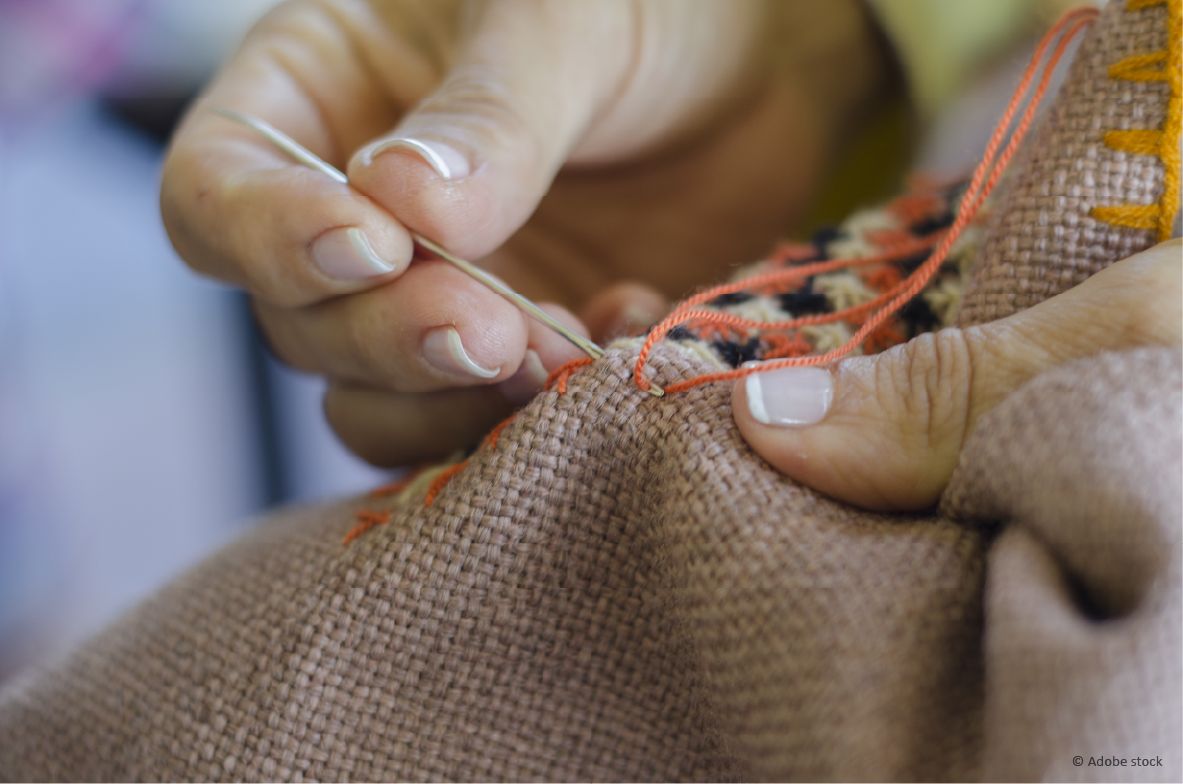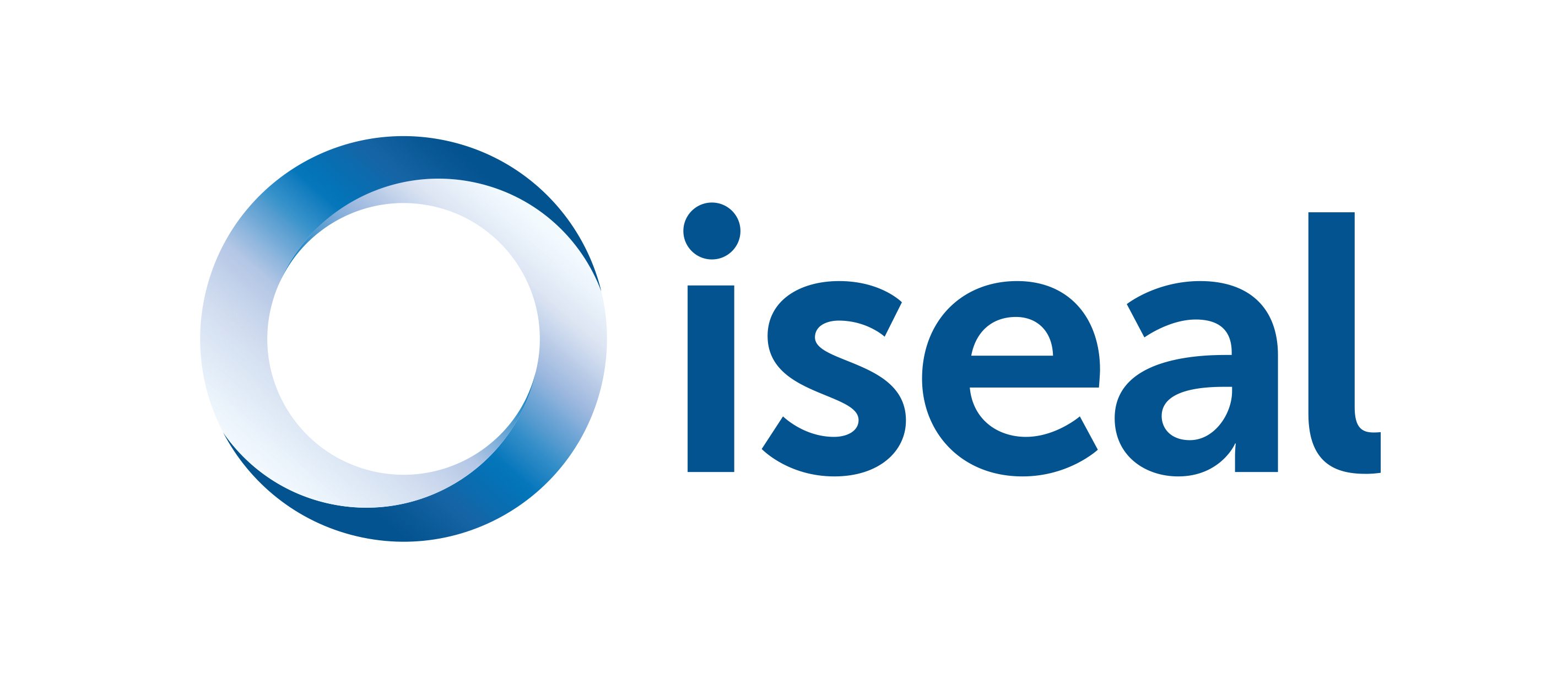Sustainability Systems in the Next Decade of Action on Business and Human Rights

June 2021 marks the ten-year anniversary of the UN Guiding Principles on Business and Human Rights. Adoption of the Principles was a landmark moment for the global human rights movement providing a clear framework that emphasised the complementary responsibilities of States and businesses in respecting and promoting human rights.
In its recently released report taking stock of the first decade of the UN Guiding Principles, the working group makes an important observation:
“The last decade has underscored the point made in the UNGPs: voluntary approaches alone are not enough. The rise of mandatory measures will undoubtedly accelerate both uptake and progress. At the same time, the experience of many decades has demonstrated that legal measures are essential but not sufficient to ensure business respect for human rights.”
In short, the conclusion is that neither voluntary nor mandatory measures on their own are sufficient. This is an important point to consider in the current policy landscape on business and human rights. Experience over the last decade in implementing the UN Guiding Principles shows that mandatory due diligence alone will not end human rights violations by business across supply chains. It also shows that legislation will not make voluntary tools redundant. Can both approaches work in tandem as carrot and stick towards the common goal of improving business action on rights?
Sustainability standards have been around for two decades and are one of the most widely used voluntary tools for driving sustainable and responsible business behaviour. We believe they will continue to play an important role in the next decade of action on business and human rights.
Let’s consider the topic of workers’ rights in supply chains. As market-based tools, many voluntary schemes have specific criteria and requirements in their standards relating to workers’ rights. While most schemes within the ISEAL community have minimum criteria that reference the ILO’s Fundamental Principles and Rights at Work, many go further in their requirements and action to protect workers’ rights.
For instance, several ISEAL members have been at the forefront of the movement towards delivering living wages to workers and promoting pre-competitive collaborative action through the Global Living Wage Coalition. As there is clear recognition that many of the violations and abuses that workers face are linked to low wages, voluntary schemes that set living wage requirements are addressing one of the root causes of workers’ rights violations.
This is not to say that voluntary schemes such as standards have found the secret formula for guaranteeing that no violations take place. To do more, they need to use their assurance and M&E systems effectively to constantly monitor, track, identify risks related to rights abuses in their supply chains and address them.
They also need to think beyond compliance assessment and see how they can support access to remedy for rights-holders. Many schemes are now innovating to go beyond traditional audit mechanisms and use worker-voice tools and technologies. They are also implementing scheme-wide grievance mechanisms, new ways of identifying forced labour risk and community-based approaches to identify risks and improve human rights protection.
Looking beyond rights violations purely from a risk and compliance lens, sustainability systems have the potential to drive real change in supply chains through their multi-stakeholder and partnership-based approach. This is critical considering that rights violations, which may occur at any single point in the supply chain, are the result of decisions taken by many actors along the entire chain.
New research emerging in light of the pandemic demonstrates how wage reductions, job losses and precarious working conditions at garment factories can be linked directly to the contractual and demand decisions of large brands and lead firms. In such a scenario, placing the onus of respecting workers’ rights only on the certified entity (eg: factory or farm) and not on the entire supply chain is both ineffective and unethical.
Sustainability systems such as sector roundtables and partnerships that link suppliers and producers to brands, retailers and consumers provide the enabling environment for the systemic change needed to holistically progress on human rights.
As the UN report recognises, “Looking beyond the pandemic, at other major global challenges, meaningful progress will require a systemic approach by all stakeholders, and persistent efforts to leverage the multiple actors beyond States that frame policies, practices and indeed regulations that shape business behaviours in a smart mix of measures, which cumulatively will make the difference we need, without hoping for a silver bullet solution.”
We strongly concur with this vision and believe that while mandatory due diligence by businesses can improve adherence to core labour rights, sustainability standards can help businesses think beyond legal compliance and go further to address the root causes of rights abuses.
As part of its new strategic plan, ISEAL will have a strong focus on driving impactful and meaningful solutions that promote human rights protection in supply chains. This will build on our expertise around living wage and living income as well as our convening power with leading voluntary schemes to deliver on system improvements and innovation. We look forward to working with our members and partners to achieve this goal while also ensuring that action and interventions are backed by learning from research and evidence.

